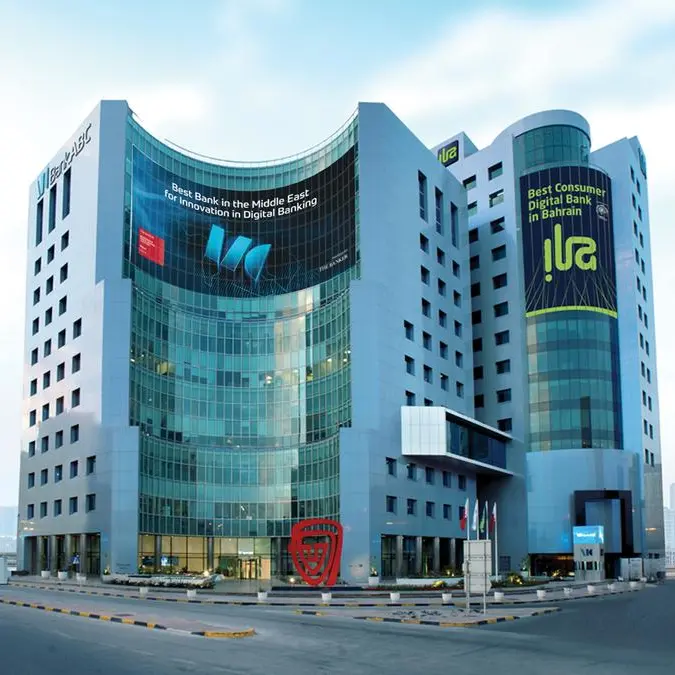PHOTO
The outstanding balance of total loans and credit facilities extended to resident economic sectors in Bahrain increased to BD11.4 billion ($30.24 billion) at the end of October 2022, a growth of 6.3% compared to the end of October 2021, it was revealed yesterday (December 14)
The Business Sector accounted for 45.7% and the Personal Sector at 49.7% of the total loans and credit facilities.
The balance sheet of the banking system (retail banks and wholesale sector banks) increased to $222.5 billion at the end of October 2022, an increase of 5.9% compared to the end of October 2021, it was announced at the Central Bank of Bahrain’s (CBB) Board of Directors' fourth meeting for the year 2022, chaired by Hassan Khalifa Al Jalahma.
The Board reviewed the performance report and developments in the financial sector for the fourth quarter of 2022 and the CBB’s financial performance report as of end of November 2022. The board also reviewed the progress with regards to the Financial Services Sector Development Strategy, and the CBB’s estimated budget and investment policy of the bank for the year 2023.
The data presented said total private deposits in Bahrain's retail banks increased to BD13.4 billion at the end of October 2022, a growth of 4.1% compared to the end of October 2021.
The board also reviewed key monetary and banking indicators for the year including the money supply that increased to BD 15.1 billion at the end of October 2022, an increase of 1.3% compared to the end of October 2021.
Point of Sales
Point of Sales (POS) data indicated an increase in the number of transactions during the 11 months of 2022 (January – November 2022), totalling 148.1 million transactions (74.2% of which were contactless), an increase of 31.5% compared to the same period in 2021.
The total value of POS transactions in Bahrain during the 11 months of 2022 (January – November 2022) totalled BD3.5 billion (46.4% of which were contactless), an increase of 25% compared to the same period in 2021.
The banking sector maintained a high level of capital adequacy and liquidity, as the capital adequacy ratio of the banking sector reached 19.3% in Q3 2022 compared with 18.3% in the Q3 2021. The capital adequacy ratio for the various banking sectors is 20.8% for conventional retail banks, 18.1% for conventional wholesale banks, 21.0% for Islamic retail banks, and 15.4% for Islamic wholesale banks.
The total number of registered Collective Investment Undertakings (CIUs) as of the end of October 2022 stood at 1734 CIUs, of which 194 new CIUs were registered during the first 10 months of 2022, an increase of 98% compared to the same period in 2021.
Insurance sector
Meanwhile, the insurance industry's gross premiums amounted to BD204.94 million in Q3 2022 compared to BD203.30 million in the same period of 2021, reflecting a growth rate of around 1%, with general insurance business (including medical insurance business) contributing to 84% of the gross premiums written for the same period of 2022.
Medical insurance is the largest in terms of total gross premiums which represented around 30% of the total gross premiums written in the third quarter of 2022.
The board expressed its satisfaction with the positive developments witnessed by the financial sector during the year, which reflect the policies and measures taken by the government to face the repercussions of Covid-19 and the return of economic activity to pre-pandemic levels. The board also praised the constructive cooperation of the financial sector with the initiatives and policies taken by the CBB in order to achieve financial stability.
Copyright 2022 Al Hilal Publishing and Marketing Group Provided by SyndiGate Media Inc. (Syndigate.info).





















